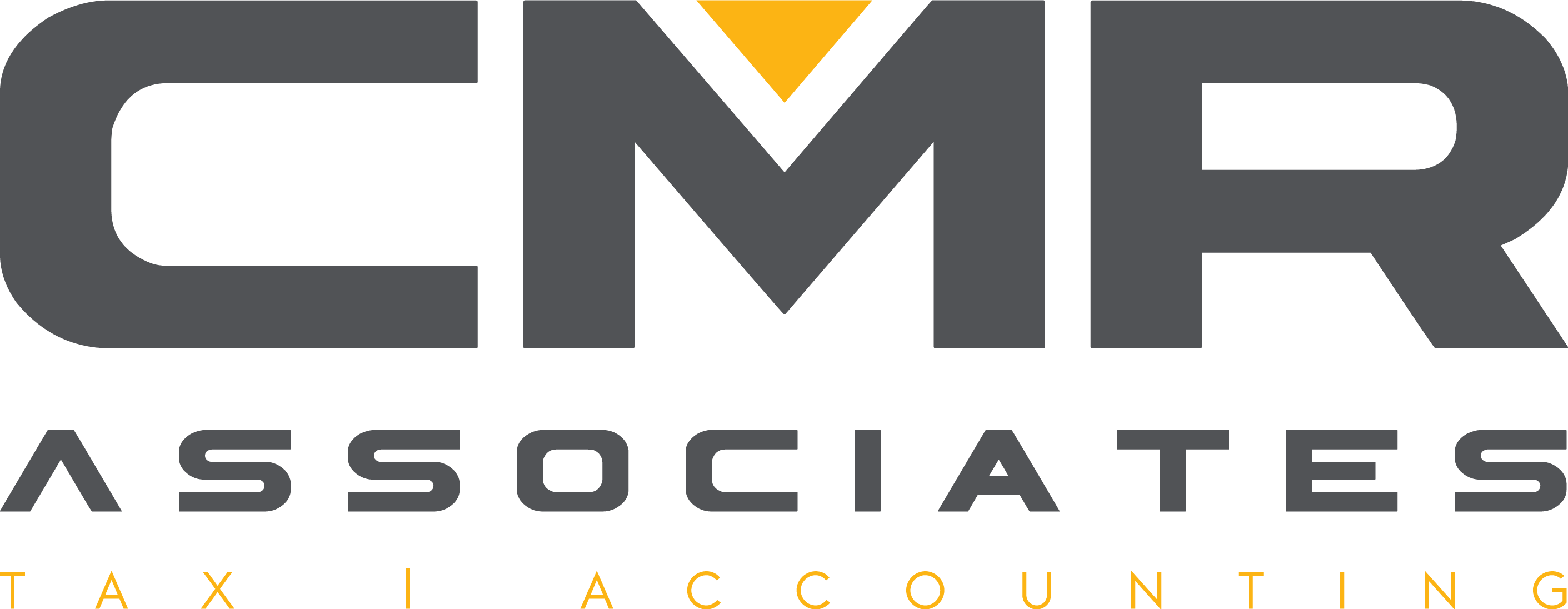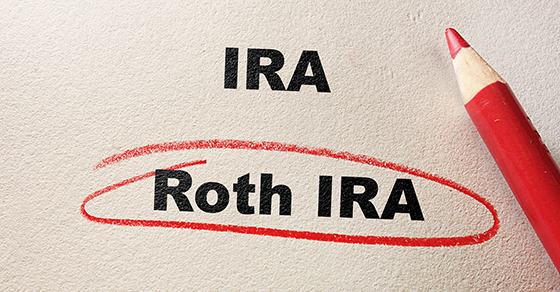The ABCs of the tax deduction for educator expenses
At back-to-school time, much of the focus is on the students returning to the classroom — and on their parents buying them school supplies, backpacks, clothes, etc., for the new school year. But let’s not forget about the teachers. It’s common for teachers to pay for some classroom supplies out of pocket, and the tax code provides a special break that makes it a little easier for these educators to deduct some of their expenses.
The miscellaneous itemized deduction
Generally, your employee expenses are deductible if they’re unreimbursed by your employer and ordinary and necessary to your business of being an employee. An expense is ordinary if it is common and accepted in your business. An expense is necessary if it is appropriate and helpful to your business.
These expenses must be claimed as a miscellaneous itemized deduction and are subject to a 2% of adjusted gross income (AGI) floor. This means you’ll enjoy a tax benefit only if all your deductions subject to the floor, combined, exceed 2% of your AGI. For many taxpayers, including teachers, this can be a difficult threshold to meet.
The educator expense deduction
Congress created the educator expense deduction to allow more teachers and other educators to receive a tax benefit from some of their unreimbursed out-of-pocket classroom expenses. The break was made permanent under the Protecting Americans from Tax Hikes (PATH) Act of 2015. Since 2016, the deduction has been annually indexed for inflation (though because of low inflation it hasn’t increased yet) and has included professional development expenses.
Qualifying elementary and secondary school teachers and other eligible educators (such as counselors and principals) can deduct up to $250 of qualified expenses. (If you’re married filing jointly and both you and your spouse are educators, you can deduct up to $500 of unreimbursed expenses — but not more than $250 each.)
Qualified expenses include amounts paid or incurred during the tax year for books, supplies, computer equipment (including related software and services), other equipment and supplementary materials that you use in the classroom. For courses in health and physical education, the costs for supplies are qualified expenses only if related to athletics.
An added benefit
The educator expense deduction is an “above-the-line” deduction, which means you don’t have to itemize and it reduces your AGI, which has an added benefit: Because AGI-based limits affect a variety of tax breaks (such as the previously mentioned miscellaneous itemized deductions), lowering your AGI might help you maximize your tax breaks overall.
Contact us for more details about the educator expense deduction or tax breaks available for other work-related expenses.
Tax Accounting and Business Consulting for Metairie, Louisiana
Industry Specific Accounting
Metairie CPA Services
Metairie CPA News
Tax Accounting and Business Consulting for Mandeville, Louisiana
Industry Specific Accounting
Mandeville CPA Services
Mandeville CPA News
Tax Accounting and Business Consulting for Baton Rouge, Louisiana
Industry Specific Accounting
Baton Rouge CPA Services
Baton Rouge CPA News
Tax Accounting and Business Consulting for Covington, Louisiana
Industry Specific Accounting
Covington CPA Services
Covington CPA News
Mandeville Notary Public Services
Madisonville Notary Public Services
Covington Notary Public Services






